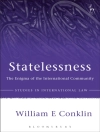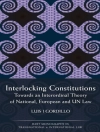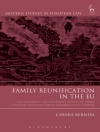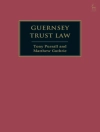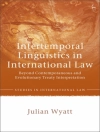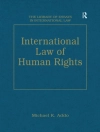All nation states, whether ancient or newly created, must examine their constitutional fundamentals to keep their constitutions relevant and dynamic. Constitutional change has greater legitimacy when the questions are debated before the people and accepted by them. Who are the peoples in this state? What role should they have in relation to the government? What rights should they have? Who should be Head of State? What is our constitutional relationship with other nation states? What is the influence of international law on our domestic system? What process should constitutional change follow? In this volume, scholars, practitioners, politicians, public officials, and young people explore these questions and others in relation to the New Zealand constitution and provide some thought-provoking answers. This book is recommended for anyone seeking insight into how a former British colony with bicultural foundations is making the transition to a multicultural society in an increasingly complex and globalised world.
Tabla de materias
Part 1: Reconstituting the Constitution: An Overview.- Part 2: Reforming Constitutions: Lessons from Abroad.- Part 3: The Republican Question.- Part 4: The Need for a Written Constitution? Strengthening the Bill of Rights Act and the Place of the Treaty of Waitangi.- Part 5: The Future of Electoral Law.- Part 6: Australia: Involving Civil Society in Constitutional Reform.- Part 7: Influence of International Treaties.- Part 8: The Trans-Tasman Relationship.- Part 9: The Role and Governance of Sub-National Government.- Part 10: Protecting Future Generations.- Appendix.


